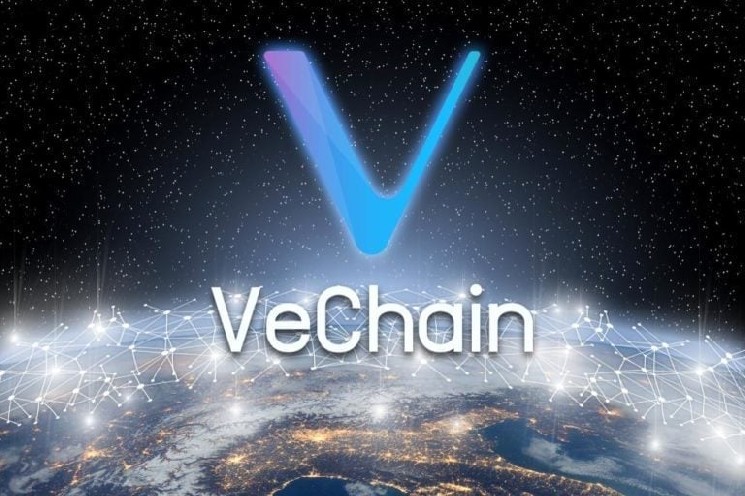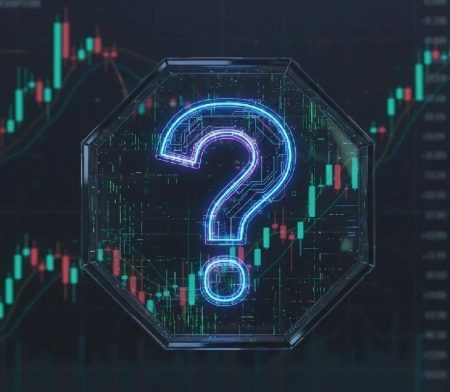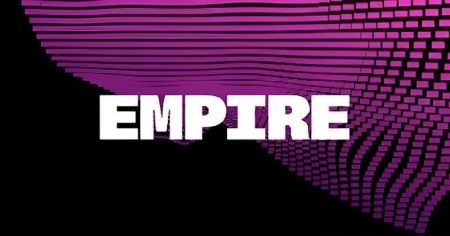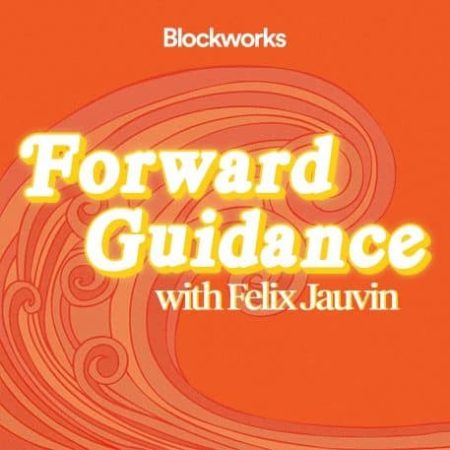VeChain Emerges as Leading Blockchain Solution for Global Waste Management, Academic Study Finds
Groundbreaking Research Highlights Blockchain’s Role in Transforming Recycling Transparency and Compliance
In a significant development for both environmental sustainability and blockchain technology, VeChain has been identified as a pioneering blockchain system making substantial headway in waste recycling transparency, according to a comprehensive study released by Sustain, a renowned global hub for sustainability research. The July 2025 report meticulously examines how the VeChain platform enables end-to-end tracking of waste management processes, from initial collection through final recycling, creating unprecedented visibility in an industry historically plagued by opacity and questionable practices.
The research team particularly emphasized VeChain’s proof-of-authority consensus mechanism, which offers remarkable advantages over traditional blockchain systems. This innovative approach delivers enhanced processing speed and cost-effectiveness while maintaining robust data security—critical features for handling the massive information volumes generated by urban waste monitoring and recycling operations. “The technical architecture of VeChain represents a paradigm shift in how we can monitor environmental compliance,” notes the study’s lead researcher. “Unlike conventional reporting systems that rely heavily on self-reporting and manual verification, blockchain creates an immutable record that significantly reduces the potential for manipulation.”
Tamper-Proof Records Revolutionize Regulatory Compliance and Combat Greenwashing
One of the most compelling findings from the Sustain report centers on VeChain’s immutable record-keeping capabilities. Once data is uploaded to the blockchain, it cannot be altered or manipulated, providing regulatory bodies and corporations with verifiable, trustworthy information. This feature addresses a critical weakness in traditional sustainability reporting, where the authentication of recycling achievements often depends on easily falsified manual documentation. As governments worldwide implement increasingly stringent environmental regulations, VeChain’s ability to present tamper-proof records adds a previously unattainable level of credibility to compliance measures.
The implementation of Internet of Things (IoT) devices connected to the VeChain blockchain has dramatically transformed waste collection logistics. These integrated technologies monitor bin levels and collection routes in real-time, minimizing the need for manual intervention while providing instantaneous updates to waste management planners. The study observers noted that this automated recording system significantly reduces both corruption risks and human error in waste collection processes. These capabilities prove particularly valuable in densely populated urban environments where unregulated disposal practices continue to present serious environmental and public health challenges. “The integration of IoT with blockchain creates a self-auditing system that leaves very little room for the kind of data manipulation we’ve seen plague environmental reporting,” explained one of the study’s co-authors.
Advancing Plastic Recycling Certification and Meeting Stringent Regulatory Requirements
The research also highlights VeChain’s significant impact on plastic recycling certification processes. By developing electronic records that verify recycled plastic materials originate from certified streams, the blockchain platform enables companies to better prepare for increasingly rigorous regulations governing recycled product usage. This capability instills greater consumer confidence in sustainability claims, addressing the growing skepticism around corporate environmental initiatives that has emerged in recent years.
With corporate sustainability reporting now subject to disclosure requirements that frequently demand independent validation, VeChain’s blockchain-based solution offers a powerful verification mechanism. By enabling authorities to cross-reference blockchain records against physical recycling streams, the system allows for on-the-spot authentication of compliance claims. This aspect of the academic evaluation demonstrates how blockchain technology can serve as a supporting mechanism for both governmental oversight and business compliance. “What’s particularly noteworthy is how VeChain bridges the gap between regulatory requirements and business operations,” noted a sustainability expert familiar with the research. “The technology creates a common language of verification that benefits all stakeholders.”
Leveraging Cross-Industry Experience to Address Global Waste Management Challenges
The Sustain research team conducted a thorough assessment of VeChain’s industrial partnership history, examining initiatives beyond waste management, including its extensive work in supply chain transparency. This broad application history distinguishes VeChain from newer blockchain networks, with researchers noting that its proven methodology across multiple sectors enhances its reliability for waste management applications. The platform’s demonstrated capability to function effectively across diverse industries was identified as particularly valuable when assessing prospects for long-term adoption and scalability.
Perhaps most significantly, the study examines VeChain’s potential to address one of the most pressing issues in global waste management: cross-border waste trafficking. The illicit international movement of waste has long been characterized by document falsification and inadequate record-keeping. VeChain’s permanent digital certificates for waste shipments create unalterable records that substantially reduce opportunities for export and import document fraud. “Illegal transboundary waste trade represents one of the most challenging aspects of global environmental governance,” the report states. “Blockchain solutions like VeChain offer authorities a powerful tool to enforce regulations more effectively.” Additionally, researchers emphasized that VeChain’s proof-of-authority mechanism consumes significantly less energy than proof-of-work protocols used by other blockchain networks—an essential consideration for environmental applications. This energy efficiency ensures that the technology avoids the contradiction of increasing carbon emissions while attempting to solve environmental problems.
The Future of Blockchain in Environmental Sustainability
As governmental and corporate entities worldwide intensify their focus on verifiable sustainability practices, VeChain’s blockchain solution appears positioned to play an increasingly central role in environmental governance. The Sustain research concludes that blockchain technology, particularly as implemented by VeChain, represents a transformative approach to transparency in waste management—one that could fundamentally alter how recycling compliance is monitored and verified globally.
Industry observers note that this academic validation comes at a pivotal moment when public trust in corporate environmental claims has reached historically low levels. By providing immutable verification of recycling activities, VeChain offers a technological solution to the crisis of confidence in sustainability reporting. As one waste management professional commented upon reviewing the research: “This isn’t just about better record-keeping—it’s about creating a system where environmental compliance can be verified by anyone, anywhere, at any time. That level of transparency changes everything.”
With the global waste management market projected to reach $2.3 trillion by 2027, the adoption of blockchain solutions like VeChain could represent one of the most significant technological disruptions in environmental management this decade—turning what was once an opaque industry into a model of technological transparency and accountability.















